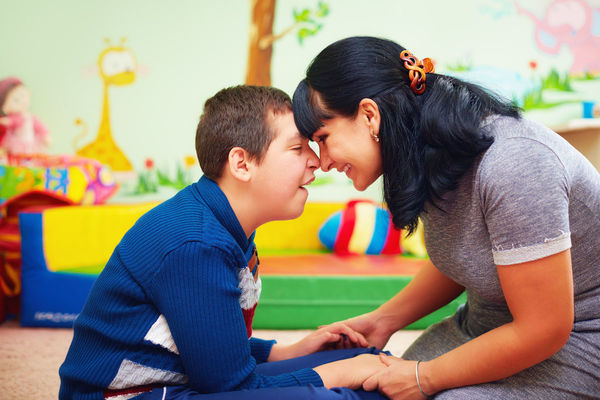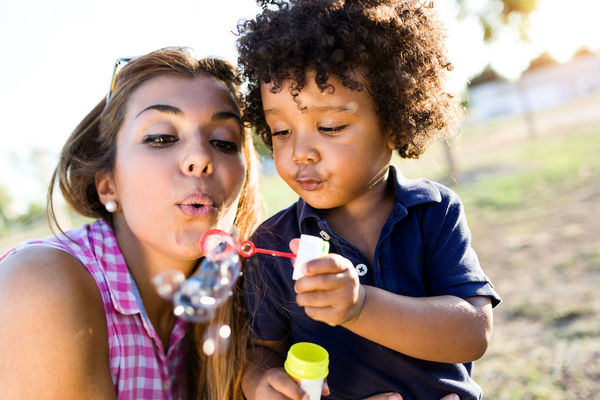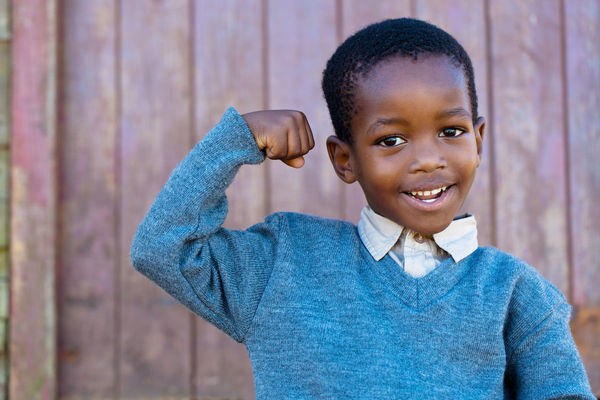Research
Our Projects
Displaying 29 project(s)
| Project Name | Description |
|---|---|
| Adolescent Parenting Project | The Adolescent Parenting Project was launched in the mid-1980's to evaluate the social and psychological consequences of teen parenting for both mothers and their children. The main focus of the project has been to track the emergence of developing delays in children of teen mothers, along with their maternal antecedents. |
| Adventures in Parenting | The Adventures in Parenting study was designed to assess a variety of approaches to disseminating and translating empirical information to parents of young children. |
| BRAVE Young Families | The objective of this study is to gain a better understanding of how intimate partner violence affects the health and development of mothers and their children. |
| Children and Marital Aggression | Exposure to marital psychological and physical abuse has been established as a risk factor for children's socio-emotional, behavioral, and cognitive problems. Understanding the processes by which children develop symptoms of psychopathology and deficits in regulatory processes and cognitive functioning in the context of marital aggression is imperative for developing efficient and effective treatment programs for children and families, and has far-reaching mental health implications. |
| Communication and Family Relations Project | The Communication and Family Relations (CFR) Project was a pilot study launched in 2014 to develop and evaluate the efficacy of a supportive program for families of individuals with intellectual or developmental disabilities. Informed by developmental and clinical research, CFR program was adapted from material developed for an earlier intervention study for community families with an adolescent child, and promoted constructive interparental and parent-child conflict and conflict resolution. |
| Couples and Kids | The longitudinal study investigated the ways couples handle everyday problems and how their interactions affect school-aged children. Data collection began in January 1999 until October 2003, and approximately 300 two-parent families (mothers, fathers, and one child) participated. |
| Family Communication Project | The Family Communication Project is an ongoing prevention program that fosters better interpersonal relations, especially around matters of everyday sources of conflict, between the parents and their adolescent. |
| Family Interaction Study | The Family Interaction Study involved parent-child and mother-father interactions to better understand the social bonds between parents and children and how parents' biology changes when family members engage with each other. |
| Family Life Project | The Family Life Project collected data from mothers of preschool children ages 3-5.5 years. Participants take a survey about their and their child's experiences. |
| Family Lifestyles Project | The goal of the Family Lifestyles project was to examine the extent to which early appearing factors in children's environments - both health-related and psychosocial- are related to childhood overweight and obesity. |
| FAMJAM (Families Joining Around Memories: A Study of Communication and Development) | The FAMJAM study is interested in how parent problem-solving strategies and the emotional communication styles of mothers, fathers, and their preschool-aged children influence the development of self-regulation and moral emotions (i.e. guilt and shame) in children. |
| Food for Families | 'Food for Families' is a project designed to assess the feasibility and evaluate the impact of a program which provides food for children. Cultivate Food Rescue gathers donated food from area vendors (such as Venue ND and ND Athletics) that has been prepared, but never served. They then work with highly-trained volunteers to package it into meals. |
| Get the Lead Out | "Get the Lead Out" is a community-based project that aims to assess the effectiveness of a lead poisoning prevention program for families with young children who have low levels of lead exposure. |
| Latino Families and Mental Health Study: The "Sequimos Adelante" Project | The purpose of the Latino Families and Mental Health Study (also known as the "Seguimos Adelante" Project) is to learn more about the mental health of Mexican-origin adolescents and their parents. The investigators were interested in the various sources of stress and resilience among Mexican-origin youths and their families. This program was launched in September 2013. |
| Me and My Family | The Me and My Family Project is a longitudinal, dual-site study with data collection taking place both under Dr. E. Mark Cummings at the University of Notre Dame and Dr. Patrick Davies at the University of Rochester. The primary goal of this project was to explicitly test a comprehensive model of the role of the children's emotional security in the family to understand the relationship between marital conflict and child adjustment. While the quality of marital relations has long been known to affect family functioning and child development, there is little understanding of the specific processes by which marital relations impact families and children. The project also seeks to understand these processes in the context of broader family functioning including many aspects of the marital and parent-child relationship and parent psychopathology as they contribute to children's development. |
| My Baby and Me | The My Baby and Me project is a large scale, multi-site prevention project launched in 2003 designed to increase the occurrence of responsive and sensitive parenting in high-risk mothers of infants by helping them create new mental models of parenting and new parenting practices. |
| Notre Dame Babies and Families | This longitudinal study of the development of emotion regulation from infancy to toddlerhood began in 2001. Four major goals guided this study: 1) to examine the correlates and predictors of affect regulation from infancy to toddlerhood; 2) to examine the degree to which emotion regulatory patterns during early infancy are predictive of infant-parenting attachment and to what extent such relations are mediated or moderated by parent sensitivity; 3) to examine the extent to which emotion regulatory patterns and attachments during infancy predict later styles of emotion regulation and social competence during toddlerhood; and 4) to compare processes occurring for infant-mother dyads versus infant-father dyads. |
| Notre Dame Families & Babies Study (ND-FABS) | This project aims to help mothers and families in their role as parents and as partners. Positive parenting and parent interactions help support the healthy functioning of babies as they develop. |
| Parenting for the First Time | The project explored risk and protective factors across the transition to parenting and their impact on child development. |
| Project LEAP | We are hoping to better understand how mothers and children think and talk about emotions, and how mothers can help their children develop the skills to manage their emotions in healthy ways. |
| Promoting Positive Parenting | The Promoting Positive Parenting project was launched in 2007 to test the effectiveness of a cell-phone enhanced home visitation program in at-risk communities surrounding the University of Notre Dame and the University of Kansas' Juniper Gardens Children's Project in Kansas City, KS. |
| Seguimos Avanzando | We are studying the impact of various stressors as well as protective factors that operate on the well-being of Mexican-origin youths and their families. Specifically, we are examining the effects of discrimination as well as family support on the mental health of Mexican-origin youths. We seek to:1) explore underlying mechanisms that explain how and why discrimination could be linked with mental health outcomes, and 2) identify specific factors at multiple ecological levels that protect Latinx youth from the adverse effects of discrimination on their mental health. Ultimately, our long-term goal is to improve the mental health of Mexican-origin youth by reducing the harmful effects of racism and discrimination. ¿Qué estamos estudiando?Estamos estudiando el impacto de varios factores estresantes, y también los factores protectores que operan en el bienestar de los jóvenes de origen mexicano y sus familias. Específicamente, estamos examinando los efectos de discriminación y el apoyo familiar en la salud mental de los jóvenes de origen mexicano. Buscamos: 1) explorar los mecanismos subyacentes que explican cómo y por qué la discriminación podría estar relacionada con los resultados de salud mental, y 2) identificar factores específicos en múltiples niveles ecológicos que protegen a los jóvenes latinos de los efectos adversos de la discriminación en su salud mental. Por último, nuestro objetivo a largo plazo es mejorar la salud mental de los jóvenes de origen mexicano reduciendo los efectos dañosos del racismo y la discriminación. |
| The Fathers' Project | There has been a growing interest over the last several decades about the role of fathers in their children's development. Much of the research that addresses the role of the father does so by consulting with mothers about their experiences and perspectives concerning the fathers of their children, |
| The Happy Family Project | The Happy Families Project is designed to test the effectiveness of a program to improve communication and conflict resolution in families when it is implemented in community settings. |
| The Heart to Heart project | The focus of the Heart to Heart project is to learn more about children's well-being and how mothers can best support their children. We are also interested in the biological rhythms of families. Prior research tells us that mothers play an important role in a child's development. We are testing a new program that tries to help mothers support their children by learning new ways to talk to them. |
| The Northern Ireland Project | The Northern Ireland Project is a longitudinal study of relations between political violence and the well-being of children living in Belfast, Northern Ireland. Utilizing an ecological, process-oriented model, the study seeks to better understand the pathways between political and sectarian community violence and ordinary crime, family functioning, and adolescents' adjustment with a comprehensive theoretical framework. |
| The Pregnant Moms' Empowerment Program | This study aims to evaluate the effectiveness of a group therapy program for pregnant women who have recently experienced conflict with a partner, including psychological, sexual and physical forms of abuse. |
| The SPARC Project (Supporting Parent-Adolescent Relationships and Communication) | The Notre Dame SPARC Project is a program designed to support communication and strengthen relationships in families that include a child with an intellectual or developmental disability (IDD). In particular, the SPARC project is geared toward supporting parents and typically developing adolescent siblings of individuals with IDD by promoting effective communication and conflict resolution between couples and also between parents and their typically developing children. The goal of the study is to evaluate how best to support parents and typically developing siblings of individuals with IDD by improving communication and strengthening family relationships. |
| Vivimos Unidos Study | In the Vivimos Unidos Project, we are interested in family dynamics within Mexican-origin families. More specifically, we are interested in learning about sibling-related family dynamics, such as parents' differential treatment and sibling influence. |



